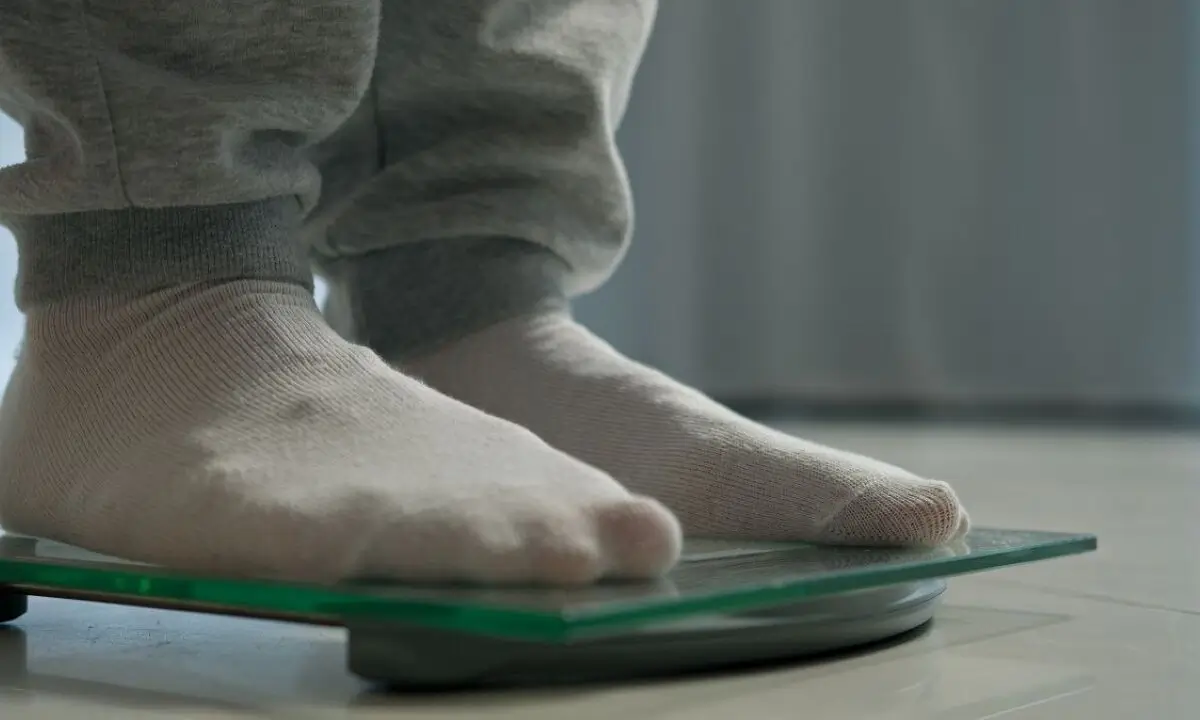Will my weight loss last?
“That’s probably the main question that everybody asks,” says Lori Gagne, PA-C, founder of Optimized Health. You’ve committed to the medical weight loss program, you’re seeing the scale move, but there’s that nagging worry: what happens when I stop?
“If you didn’t gain it overnight, you’re not going to gain it all back overnight,” Lori explains. But prescription weight loss medication alone isn’t a permanent fix. What you do during and after completing a medically supervised weight loss program makes all the difference to your results.
There are a lot of factors that go into weight loss and overall wellness. It’s not just your caloric intake; it’s your sleep, your activity, stress, hormones, and general quality of food. It’s a journey, or lifestyle; there is always something we can improve. So even once the scale gets to where you want, there are things that we can do to help you function more efficiently.
How Weight Loss Medications Work in Your Body
GLP-1 medications like semaglutide and tirzepatide change how your brain and gut communicate about hunger. Your body naturally produces GLP-1 hormones that signal fullness. After thorough lab work, these prescribed medications amplify that signal. This means you’re not fighting cravings or obsessing over your next meal, and your appetite starts to drop naturally.
How Do These Differ From Other Weight Loss Injections?
Not all injections for weight loss work the same way. GLP-1 medications like semaglutide and tirzepatide target appetite hormones and blood sugar regulation at the brain level. They’re prescription medications that require medical oversight.
Other weight loss injections, like lipotropics (MIC + B-Complex) or B12, support fat metabolism and energy. These are often used alongside GLP-1 medications to enhance results. They’re complementary, not interchangeable.
What Weight Loss Medication Means for Your Results
Changes to how your brain perceives hunger can happen within weeks for most people. Over several months, as your provider adjusts your dose, your body releases stored fat more consistently. That’s why long-term lifestyle measures are needed to support your weight loss and help maintain it.
What Makes Sustainable Weight Loss Possible
As Lori puts it, “Wellness is a journey, and there are a lot of things that play into your weight loss: stress, your sleep, your hormones, all of that.” Let’s unpack some key factors:
Your Stress Response Affects Fat Storage
Chronic stress produces cortisol, a hormone that encourages fat storage, especially around the midsection. High cortisol levels also increase appetite and trigger cravings for high-calorie comfort foods.
If stress drove weight gain initially and you don’t address it during treatment, the challenge can be even greater once medication stops. Managing stress calls for tailored tools to process it so it doesn’t sabotage your metabolism.
Sleep Quality Influences Hunger Hormones
Poor sleep disrupts two key hormones:
- Ghrelin (increases hunger) spikes when you’re sleep-deprived
- Leptin (signals fullness) drops when you don’t rest enough
This results in feeling hungrier, craving sugary foods, and having lower energy. Therefore, solid and consistent sleep schedules (7–8 hours each night) can help maintain your weight loss results effectively.
Hormone Imbalances Make Maintenance Harder
For many people, especially women in midlife, weight gain can be caused by more than poor eating habits or lack of exercise. Common hormonal factors include:
- Declining estrogen
- Low thyroid function
- An imbalance of testosterone
These imbalances make it harder to lose weight and keep it off. This is why many people benefit from hormone optimization treatments alongside medical weight loss. When your hormones are balanced, your body doesn’t fight so hard to regain weight.
The Reality of Weight Regain
Some people will regain weight after stopping medication. But that doesn’t mean treatment failed. “But if we can even help them lose that 30 pounds and in, let’s say, two years, they’re back for another six months, that’s still a win. It’s better than being diabetic, hypertensive, or having cardiac disease,” Lori explains.
This highlights how, even if numbers don’t motivate you, your healthier habits learned through a holistic treatment can. You can identify when you need professional support more easily. It also focuses on the overall benefits of making healthy lifestyle choices.
Building Healthy Weight Loss Habits for Long-Term Success
The people who maintain weight loss best don’t rely on willpower alone. They build systems that make healthy decisions more doable.
Meal Plan for Weight Loss
A balanced diet for weight loss doesn’t mean restriction. It means focusing on whole foods, adequate protein to preserve muscle, and meals that keep you satisfied. Many people benefit from following a weight loss diet that emphasizes:
- Lean proteins at every meal
- Vegetables and fiber-rich foods
- Healthy fats that support hormone function
- Limiting processed foods and added sugars
Weight Loss Workout Plan
Movement matters, too. A simple routine that includes resistance training three to four times per week helps preserve muscle mass during fat loss. In these cases, consistency matters more than intensity.
How Medical Weight Loss Treatment Can Help
During a medically supervised weight loss program, you’ll receive:
- Guidance on whole foods and protein targets that preserve muscle
- Simple exercise recommendations that fit your current fitness level
- Monthly monitoring of weight and blood pressure
- Flexible scheduling that accommodates travel, surgeries, and life events
- Yearly lab work to track safety and optimize your progress (more frequent monitoring available if needed)
These personalized plans meet you where you are and adapt as your life changes. This way, progress can fit into your real life, aligning with individual goals.
Is Weight Loss Treatment Right for You?
Weight loss longevity depends on more than prescribed medication or treatments. Stress management, quality sleep, hormone balance, and sustainable habits all play a role in long-term success. With the right support, you can develop a well-rounded approach for sustainable weight loss and wellness.
If you’re struggling with stubborn weight despite your efforts, looking for medically guided practices, or seeking lasting results, Optimized Health has treatment solutions. Based in Bedford, NH, our experienced team provides personalized, holistic, and concierge-style wellness. Contact us today to find out more about how we can help you achieve your goals.




